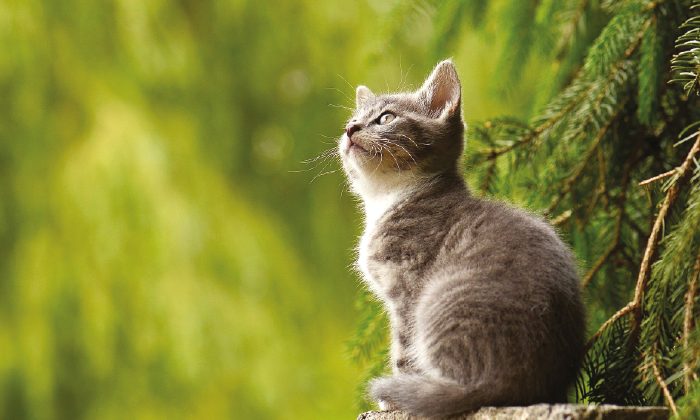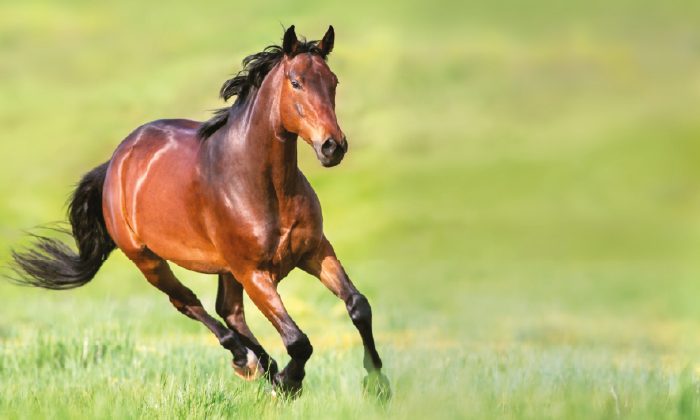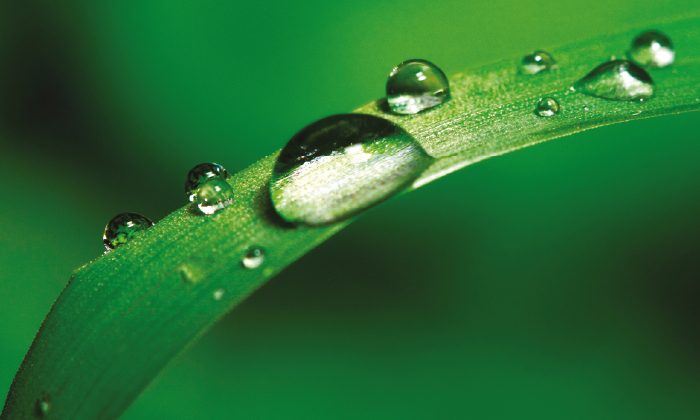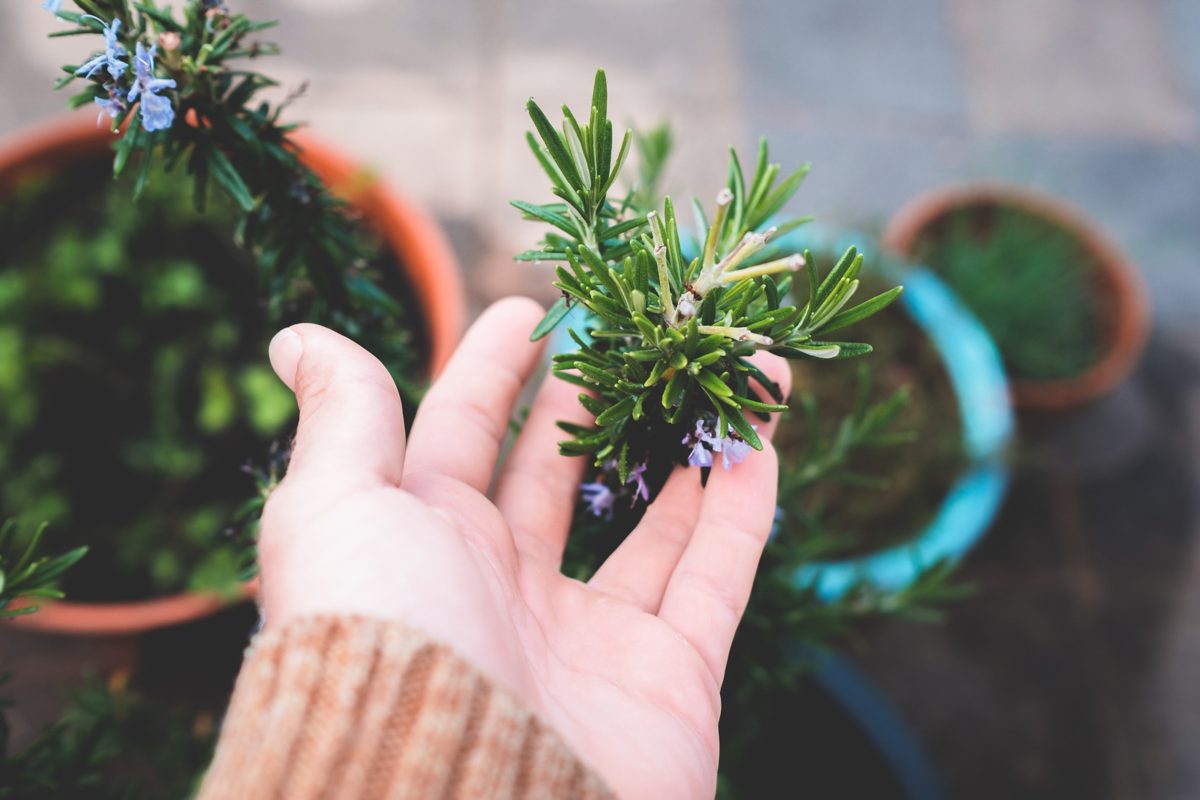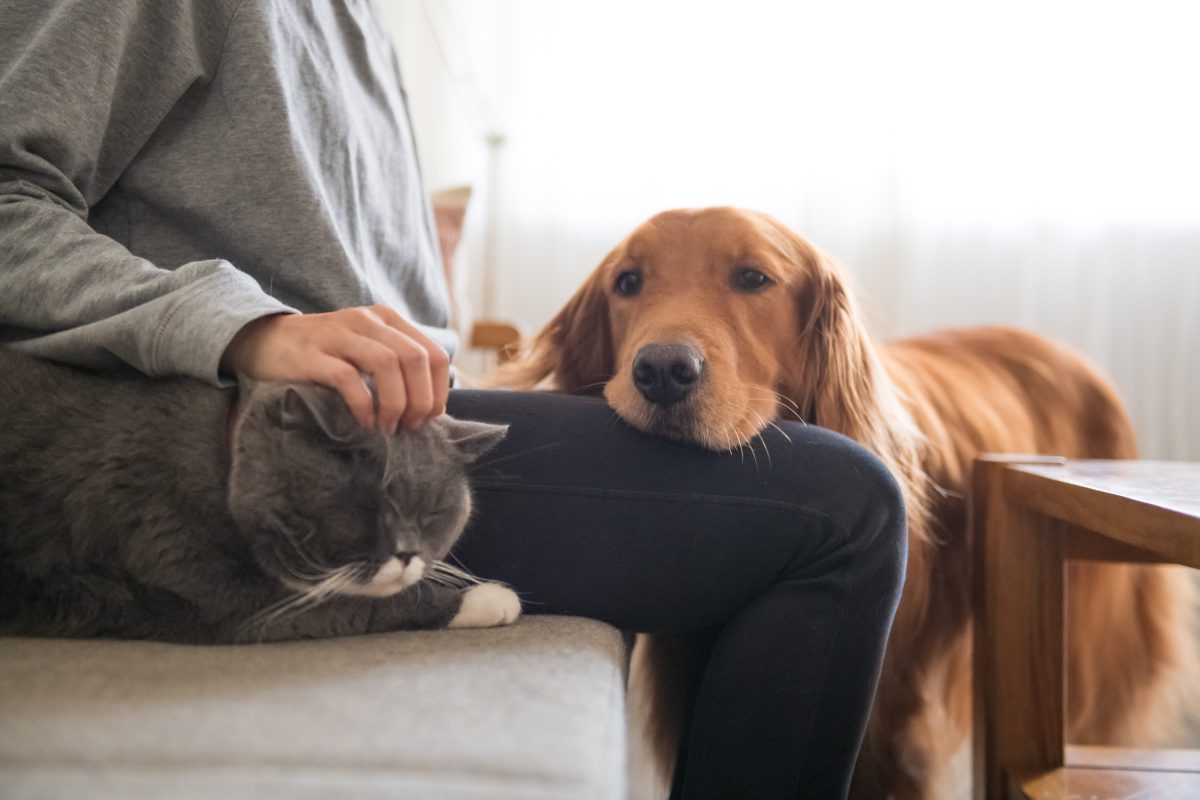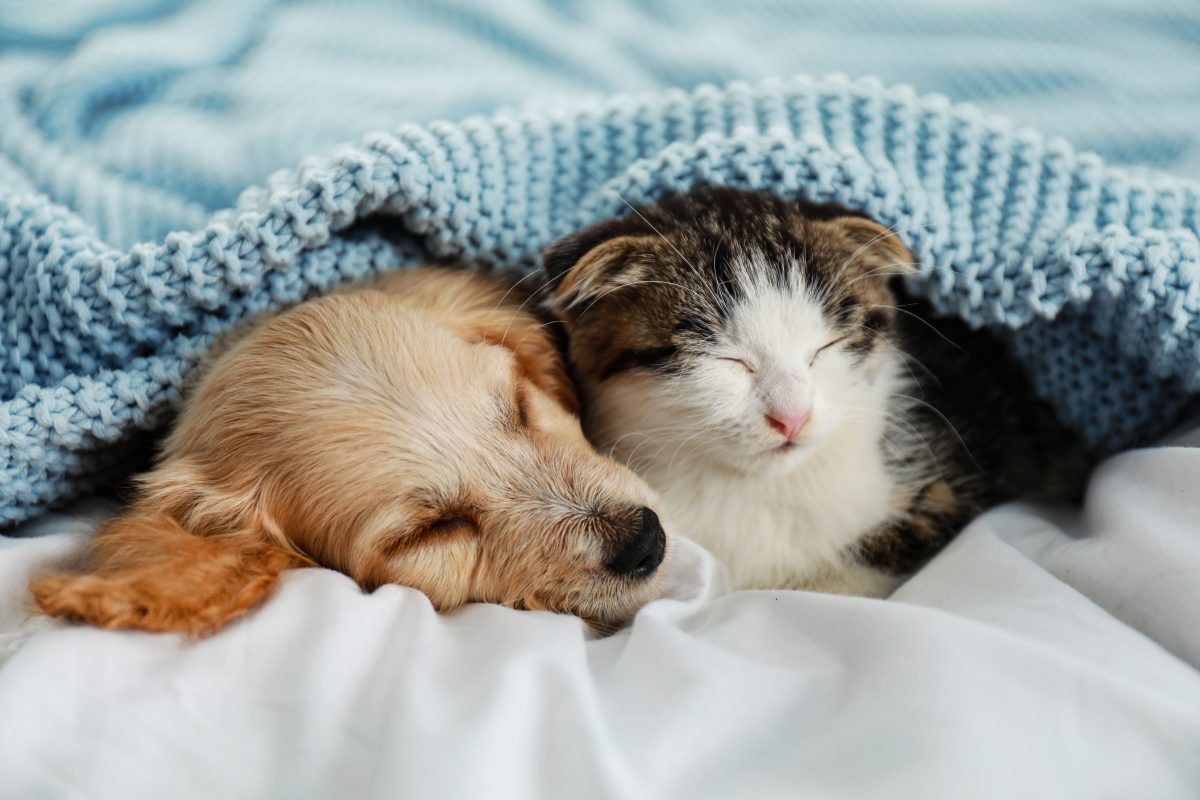Acute gastritis
Although in the cat the acute gastritis is certainly less frequent than the dog, this pathology exists and is often related toingestion of spoiled food, toxic substancesand, rather than the presence of hairballs difficult to eliminate.
In the course of acute gastritis, the mucous barrier that under normal conditions protects the gastric mucosa is missing, which can thus be attacked by gastric acids, bile or pancreatic enzymes.
Causes of acute gastritis
Acute gastritis can be caused byingestion of small dead animals (birds, small mammals ...) difficult to digest or already in a state of decomposition, as well as fromingestion of foreign bodies (such as the aluminum foil in which the meat was stored, but also the presence of hairballs), toxic plants (e.g. the poinsettia), ingestion of poisonous substances (such as car antifreeze), as well as ad food intolerant or even to the presence of parasites gastrointestinal (some of which can migrate right through the gastric mucosa), virus (eg parvovirus) e bacteria (Helicobacter spp.).
Symptoms and Diagnosis
The main symptom of acute gastritis in cats is definitely vomit, often accompanied by inappetence, excessive saliva production with a sense of nausea and refusal of food.
Acute gastritis is diagnosed based on anamnestic history (the owner's account of the facts that led to the visiting animal), clinical examination and any response to the chosen therapy.
Treatment
If the gastritis is mild, substances with antiemetic and protective action of the gastric mucosa can be administered. In some cases, fasting for 8-12 hours is recommended, although in the case of hyperacidity, the administration of small amounts of highly digestible food and limited amounts of water may be more appropriate. The food chosen is usually a healing food for the gastrointestinal system, and therefore easily digestible, so as to facilitate digestion, gastric emptying and reduce the risk of relapses.
If the gastritis is severe and the animal appears dehydrated and compromised, the therapy will be more complex and will also include support fluid therapy and any other symptomatic medications.
However, treatment cannot be separated from identifying the cause that triggered the gastritis and removing it.
Chronic gastritis and its causes
Chronic gastritis refers to chronic inflammation of the gastric mucosa. It can be caused by a failure to treat acute gastritis (e.g. failure to change diet, failure to remove a foreign body ...) or the use of drug substances over a long time (e.g. corticosteroids), rather than allergic or parasitic conditions unresolved, as well as other systemic conditions. In case of persistent chronic gastritis, a study on the possible presence of Helicobacter spp., although its pathogenicity on animals is still under study.
Other causes to be excluded in the course of chronic gastritis are certainly common diseases of other systems, such as renal failure, hyperthyroidism, inflammatory colonpathy, pancreatitis, liver disease, tumors etc ...
Symptoms and Diagnosis
The symptom par excellence, as in the case of acute gastritis, is vomiting, certainly associated with inappetence and nausea, hypersalivation, deterioration of the general conditions of the animal, poor quality and poorly groomed hair, lethargy, possible abdominal pain and dehydration.
The diagnosis is based on the medical history, as well as on specific tests such as abdominal ultrasound, endoscopy, biopsy and other specific analyzes depending on the case and the diagnostic suspicion.
Treatment
As in the case of acute gastritis, it is necessary to understand the triggering cause and remove it as soon as possible. In case the gastritis is food-based, it will be necessary to use special diets, sometimes gastrointestinal, sometimes hypoallergenic, to also get to a home diet formulated by a qualified nutritionist, if necessary.
However, the symptomatic treatment involves the use of substances that reduce the sense of nausea, restore the protective activity of the gastric mucus or temporarily replace it, reduce the inflammatory state and possibly balance gastro-intestinal motility. If the problem is not resolved, it will be necessary to exclude tumor (eg lymphoma) or other causes.
Dr. Paola Zintu - Veterinarian
UNION BIO advises:
Sedagastro cat is a complementary feed in the form of a syrup, containing balanced, synergistic, selected and scientifically researched plant active ingredients, capable of giving relief to animals affected by gastric problems.
The formulation also contains, the Mauve, known for the presence of mucilage useful to protect the gastric mucosa, theAltea, known for its emollient and anti-inflammatory action on the mucous membranes, theAloe vera, known both for its anti-inflammatory properties and for its valid antiviral and anti action Helicobacter spp..
The syrup can be administered to the animal with small quantities of food, always under the supervision of the trusted veterinarian.
You may also be interested in:
GASTRITIS IN DOGS AND CATS: CAUSES, SYMPTOMS AND REMEDIES
*****
Photo of Milada Vigerova / Aizhan Okisheva / JackieLou DL da Pixabay


